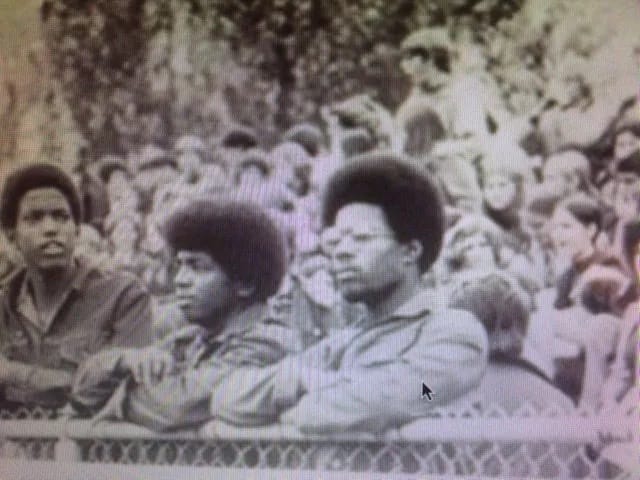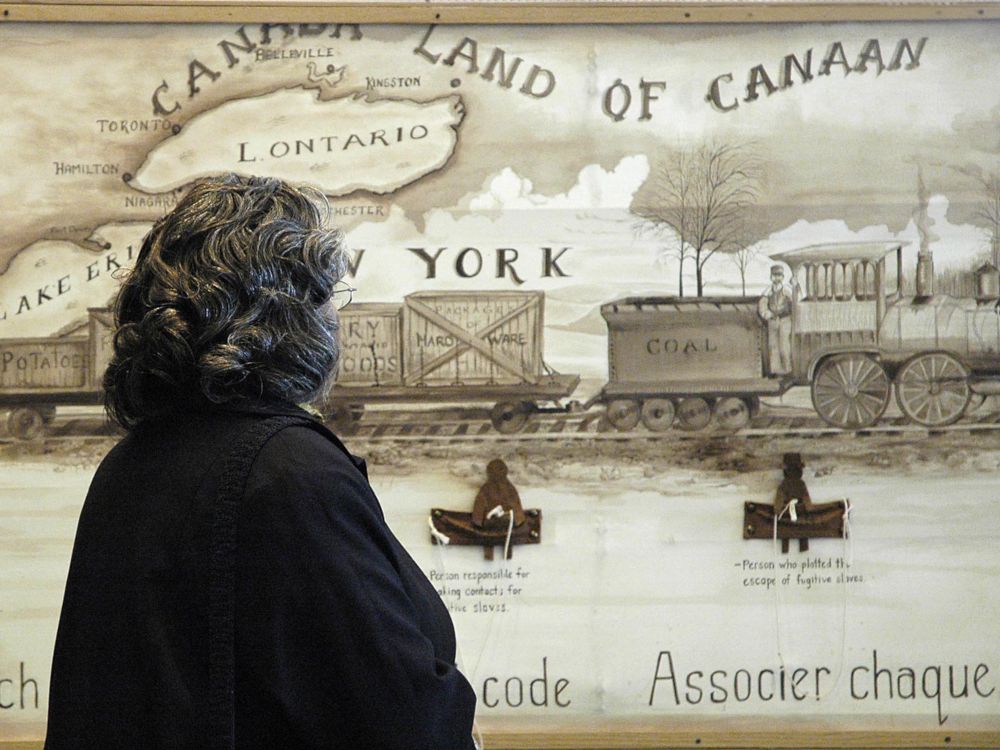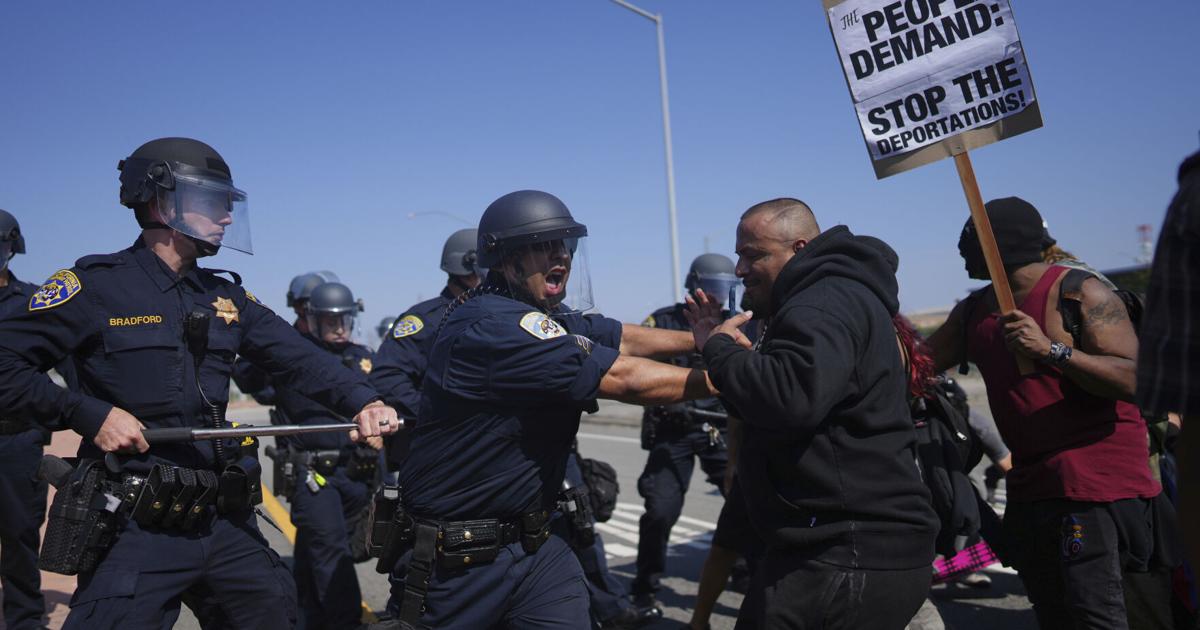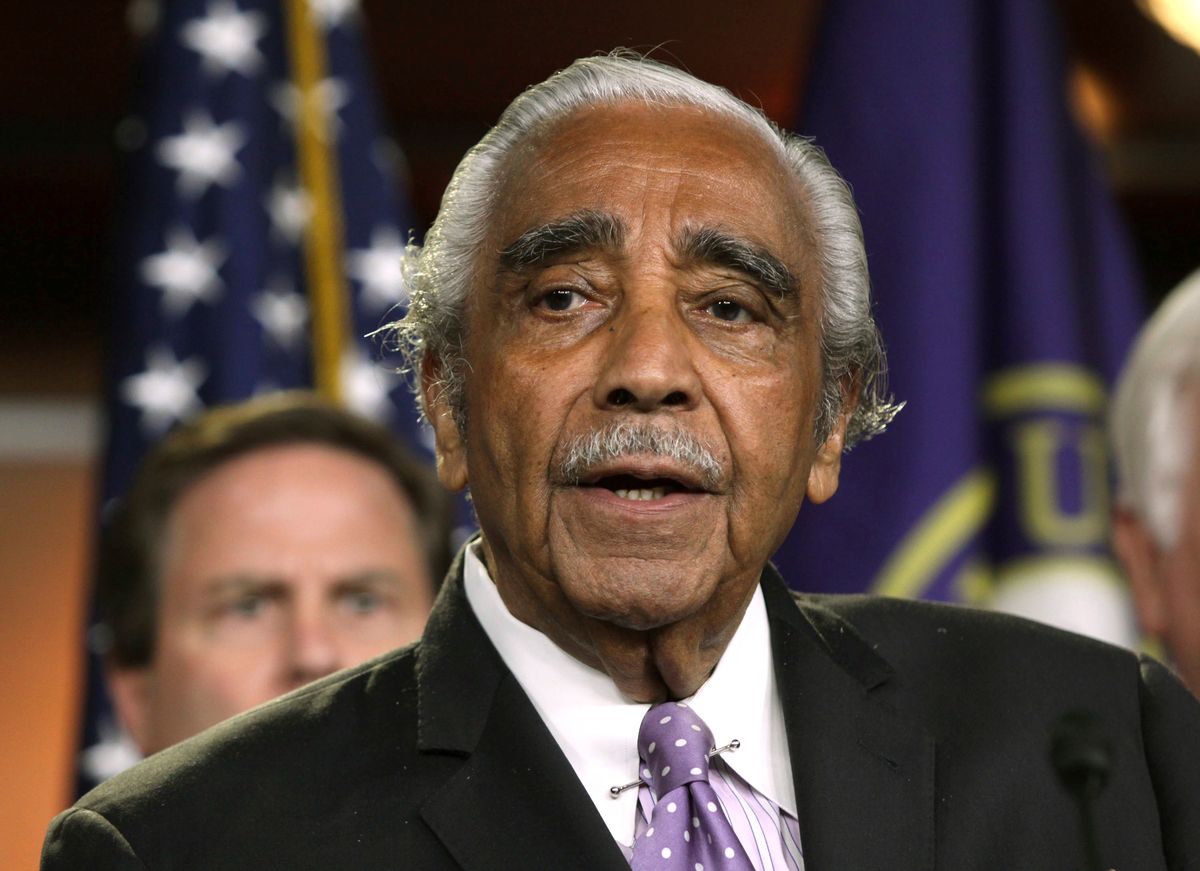- BlackVoter.Org
- Posts
- BlackVoter.Org
BlackVoter.Org


In "I Fought for Civil Rights and All I Got Was Juneteenth," William Spivey reflects on his personal journey through the Civil Rights Movement, exploring the profound impact of systemic racism that shaped his youth in Minneapolis. He recounts pivotal moments, like the riots sparked by police brutality and the assassination of Martin Luther King Jr.
, which stirred his awareness of the civil rights struggle unfolding around him. Spivey's narrative highlights the painful legacy of restrictive housing practices and the slow journey toward integration in his community.
As he matured, his activism blossomed during high school, contrasting with the rich history and experiences he hadn’t been taught. Through poignant recollections, Spivey emphasizes the gap between celebrated holidays like Juneteenth and the ongoing challenges faced by Black Americans, ultimately igniting a commitment to educate himself and others about their shared history.
This powerful piece serves as both a personal memoir and a call to acknowledge and understand the complexities of the fight for equality.

A new statue in Times Square, depicting an ordinary Black woman, has ignited a heated debate about representation and race in America. Titled "Grounded in the Stars" by artist Thomas J.
Price, the 12-foot bronze figure has attracted both criticism and praise. Detractors argue the sculpture fails to honor notable Black historical figures, while supporters celebrate its portrayal of everyday individuals.
The installation, which will soon be removed, amplifies discussions about whose stories and identities are valued in public art, especially in a landscape where monuments often favor historical white figures. As the nation grapples with issues of racial representation and legacy, this statue stands as a provocative reflection of contemporary attitudes toward race, beauty, and recognition.
Amidst the controversy, voices like Rhonda Porter highlight that Black women are diverse and worthy of celebration in all forms, challenging narrow perceptions of identity.

In a thought-provoking National Post article, Tom Flanagan argues that a government apology for slavery in Canada would misrepresent historical realities. Flanagan highlights Canada's role as a leader in abolishing slavery, pointing out that early lawmakers like John Simcoe enacted anti-slavery legislation as far back as 1793.
He contends that the petition, spearheaded by NDP MP Gord Johns, which seeks an apology for systemic racism stemming from slavery, fails to reflect Canada’s unique history, where slavery was never as pervasive as in other parts of the Americas. Furthermore, he suggests that if apologies are to be given, they should address indigenous slavery, an oft-overlooked aspect of Canadian history.
Flanagan concludes that rather than fixating on past wrongs, society should focus on achieving justice in the present, cautioning against the complex implications that may arise from demands for historical reparations.

On the first night of a newly imposed curfew in downtown Los Angeles, over 20 individuals were arrested, primarily for violating curfew regulations, as protests against President Trump's immigration policies intensified. Despite police employing crowd-control measures, including projectiles, the situation was relatively calmer compared to previous nights.
The demonstrators were vocal against Trump’s immigration tactics, with activists expressing their dissent against the National Guard's presence in the city. By morning, the streets transformed back to normalcy, bustling with daily commuters and residents.
As tensions continue between protesters and law enforcement, city officials stand firm, seeking to control the escalating unrest. This dynamic illustrates a city caught between civil rights and the pressing demands of governance, leaving many to wonder what the next chapter holds for Los Angeles.

In a thought-provoking article, Garrett Epps draws alarming parallels between Donald Trump’s aggressive immigration policies and the Fugitive Slave Acts of the 1850s. Epps argues that the federal government's current treatment of immigrants mirrors the antebellum South's approach to enslaved people, stripping them of rights and due process.
He highlights the troubling escalation of authority, with federal agents conducting aggressive deportations and militarized responses to protests in cities like Los Angeles. Epps warns that this climate could lead to further violent and authoritarian measures, echoing historical battles that culminated in civil war.
He stresses the urgent need for Americans to recognize the dangers of a system that categorizes individuals as less than human, questioning the very essence of rights and citizenship in a democracy. As tensions rise, Epps emphasizes that the nation must confront the potential ramifications of continued divisions and dehumanization in society.

Juneteenth is more than just a day off—it's a powerful reminder for all Americans to delve into the complexities of our history. Celebrated on June 19th, it marks the day in 1865 when the last enslaved African Americans in Texas learned of their freedom, a crucial moment that followed the Emancipation Proclamation.
This federal holiday invites reflection on the significant strides towards civil rights made during the Reconstruction Era, alongside the tragic backlash that followed. As the National Center for Civil and Human Rights prepares to expand its narrative to include this pivotal period, it emphasizes the importance of understanding our past.
This Juneteenth, embrace the opportunity to educate yourself—read foundational documents, engage in meaningful discussions, and honor the entire story of our nation. True patriotism is rooted in acknowledging both the pain and progress of history, as it strengthens the path toward a more equitable future.

Mourners gathered at New York City Hall to pay tribute to the late U.S.
Rep. Charles Rangel, whose body lay in state, a rare honor reserved for few.
Rangel, who passed away at 94 on May 26, was a towering figure in American politics, serving nearly five decades and playing a pivotal role as a founding member of the Congressional Black Caucus. His casket, draped in an American flag, drew friends, family, and admirers in a touching homage at the historic venue.
Attendees shared heartfelt stories, reflecting on the impact Rangel made in Harlem and beyond as a champion for justice and change. A ceremonial honor guard was present as visitors paid their respects.
Rangel’s life will be celebrated further in a funeral at St. Patrick’s Cathedral, showcasing the legacy of the "Lion of Lenox Avenue" and the indelible mark he left on American society.